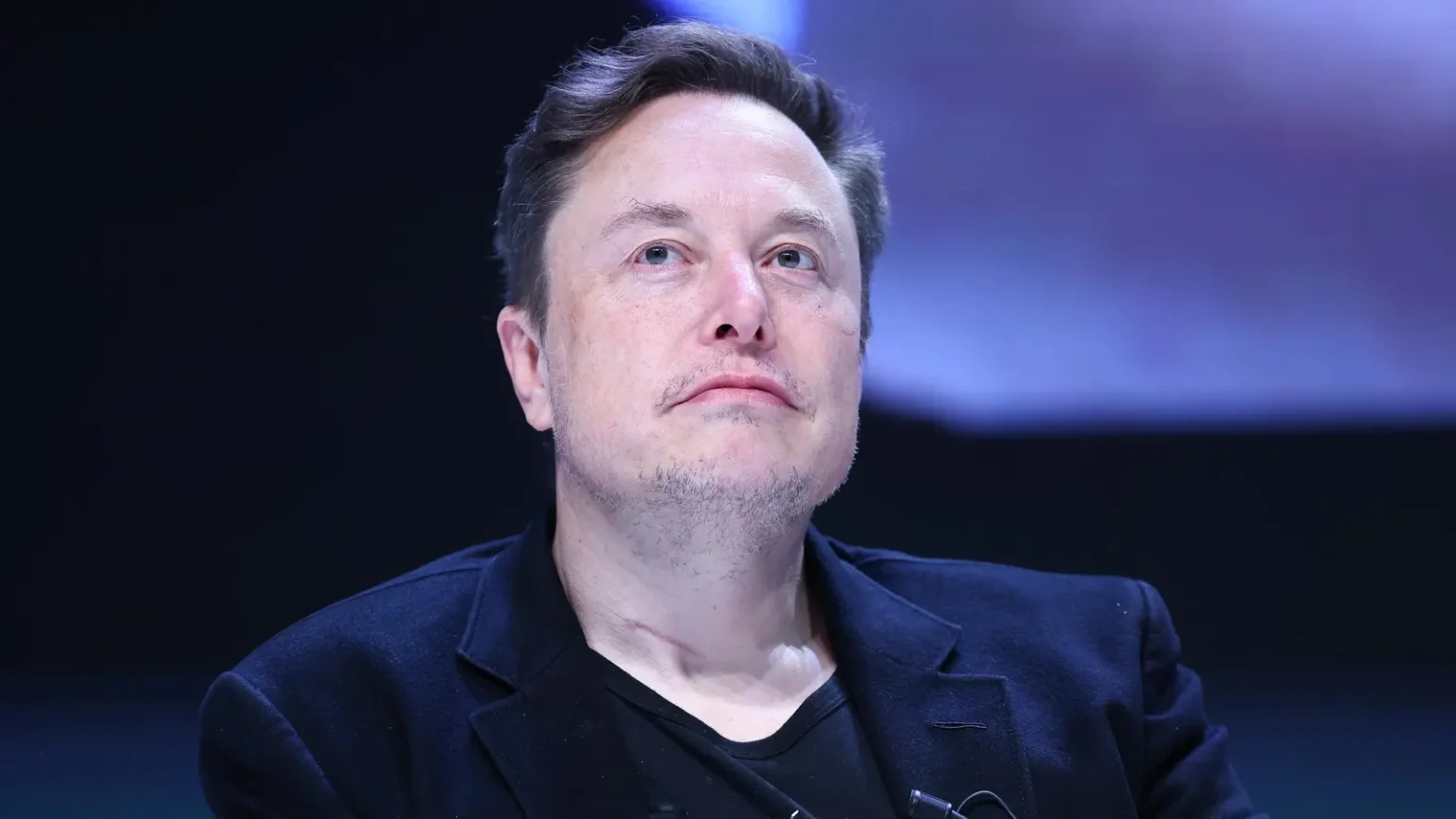Tesla’s Trillion-Dollar Gamble: Elon Musk’s Massive Compensation Plan
In a significant market development, Tesla’s stock took a notable downturn on Friday, sliding more than 3.6% to approximately $429.70. This decline extended a losing streak that began the previous day when shares had already fallen 3.5%. The market reaction came in the wake of a controversial shareholder vote approving an extraordinary compensation package for CEO Elon Musk – one that could potentially reward him with up to $1 trillion over the next decade. This sharp drop trimmed about $10 billion from Musk’s fortune, though he remains comfortably atop the global wealth rankings with an estimated net worth of $481.4 billion. Despite the recent volatility, Musk’s position as the world’s wealthiest individual remains unchallenged, having already achieved the unprecedented milestone of becoming the first person to surpass both the $400 billion and $500 billion net worth thresholds earlier this year.
The compensation plan, which garnered support from over 75% of Tesla shareholders despite opposition from some major institutional investors, represents one of the most ambitious executive payment packages ever conceived. Under the terms of the agreement, Musk stands to receive more than 423 million additional shares, increasing his ownership stake to approximately 25% of the company. However, these rewards are contingent upon Tesla achieving several remarkable milestones over the coming decade. Among these targets are growing Tesla’s market capitalization to $8.5 trillion (more than ten times its current value) and selling an additional 12 million vehicles. These goals have been characterized by industry analysts as “Everest-sized” challenges, reflecting both the ambition of the plan and the extraordinary expectations placed on Musk’s leadership.
Market reactions to the approved compensation plan have been notably mixed, reflecting broader divisions about Musk’s leadership style and Tesla’s corporate governance. Matt Britzman, senior equity analyst at Hargreaves Lansdown, described the $1 trillion potential payout as “outrageous” but acknowledged an important caveat: Musk would receive “nothing unless he creates staggering value” and “pulls off the unimaginable.” This sentiment was echoed by AJ Bell’s investment director Russ Mould, who noted there were “logical reasons” for shareholders to approve the package given the lofty targets established. Dan Ives of WedBush Securities offered perhaps the most pragmatic assessment, suggesting most shareholders had “little to lose” in approving the deal, which he believes positions Musk as a “wartime CEO” – presumably prepared to lead Tesla through increasingly competitive market conditions in the electric vehicle sector.
Not everyone has embraced the compensation package with such measured optimism. New York City Comptroller Brad Lander, who oversees Tesla shares held in the city’s pension funds, delivered a particularly scathing critique of the decision. Lander accused Tesla’s board of directors of being little more than a collection of Musk loyalists who had capitulated to what he characterized as a “ransom” demanded by the CEO. His statement that “shareholders are now on the hook for an indefensible compensation package” encapsulates the concerns of governance experts who worry about the precedent such an enormous potential payout establishes. Critics have questioned whether any single executive, regardless of their talents or vision, should be eligible for compensation potentially reaching into the trillions – a sum greater than the GDP of many countries.
The market response to Tesla’s compensation vote wasn’t isolated to just Musk’s fortune. Friday saw significant wealth declines among several of the world’s richest individuals. Oracle founder Larry Ellison, currently ranked second on the global wealth list with an estimated $289.7 billion, saw his net worth decrease by $9.1 billion. Other tech billionaires experienced similar setbacks, with Amazon founder Jeff Bezos losing approximately $2 billion, Google co-founders Larry Page and Sergey Brin seeing declines of $5.6 billion and $5.2 billion respectively, and Meta’s Mark Zuckerberg watching his fortune contract by $2.6 billion. These parallel losses suggest broader market forces may have been at play beyond just Tesla-specific concerns, though the technology sector as a whole appeared particularly vulnerable in Friday’s trading.
What makes Tesla’s compensation arrangement particularly fascinating is how it embodies the tension between traditional corporate governance principles and the cult of personality that has developed around certain tech visionaries. While most executive compensation packages are designed to reward incremental progress and sustainable growth, Tesla’s approach effectively makes an all-or-nothing bet on Musk’s ability to transform not just the company but potentially the entire automotive industry. The $8.5 trillion market capitalization goal, for instance, would make Tesla worth more than Apple, Microsoft, and Saudi Aramco combined at their current valuations. Such ambition reflects either extraordinary confidence or what critics might describe as hubris. Either way, the shareholder vote represents a profound statement of faith in Musk’s vision and leadership capabilities, even as his attention remains divided among numerous ventures including SpaceX, Neuralink, and his controversial stewardship of social media platform X (formerly Twitter).


